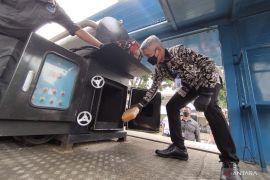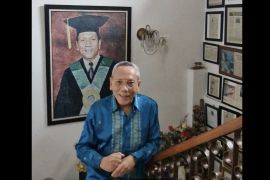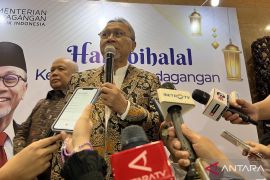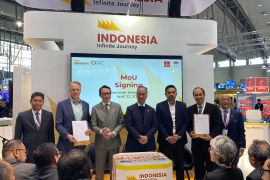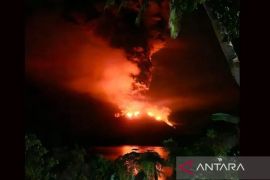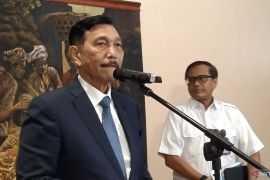Jakarta (ANTARA News) - The Indonesian government is offering the Developing Countries Partnership (KNB) scholarship program for the academic year 2016 to Syrians, according to a press release from the Indonesian Embassy in Damascus received by ANTARA here, Thursday.
"We welcome Indonesias offer and are ready to send several lecturers to avail this scholarship," Dr. Muhammad Hasan al-Kurdi, the rector of Damascus University, stated.
The rector praised the sound relations between Syria and Indonesia, especially in the field of higher education.
According to Hasan, cooperation in education would strengthen relations between the governments and people of both countries.
The rector expressed optimism that this cooperation would be further deepened, especially in the field of higher education, and the governments of both countries would immediately draw up and sign a memorandum of understanding on it.
Meanwhile, Indonesian Ambassador to Syria Djoko Harjanto remarked that Syria had since long been the center of knowledge, particularly of history, civilization, religion, the Arabic language, as well as a learning destination for people from across the world, including Indonesia.
The ambassador explained that the Indonesian governments main purpose to offer the KNB scholarship program was to develop human resources in developing countries and promote a better understanding of cultures among the countries.
The Indonesian ambassador hoped this scholarship program would boost relations between the two countries, and in particular, strengthen people-to-people contact.
After enduring a prolonged political crisis, Syria is in need of scholarships to ready the next generation of academics and lecturers to make up for those who died in the war or had moved to other countries.
Indonesia has become one of the learning destinations for Syrian academics, in addition to Russia, Iran, and China.
Several Syrians, including diplomats placed in Jakarta, continue their studies at universities in Indonesia in social, economic, and technological areas.(*)
Editor: Heru Purwanto
Copyright © ANTARA 2016

